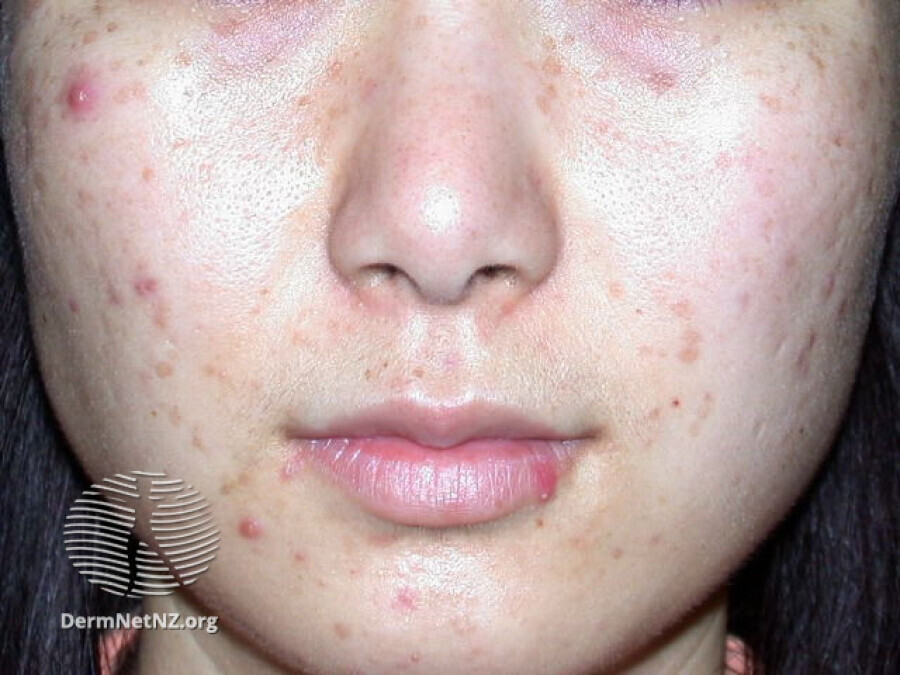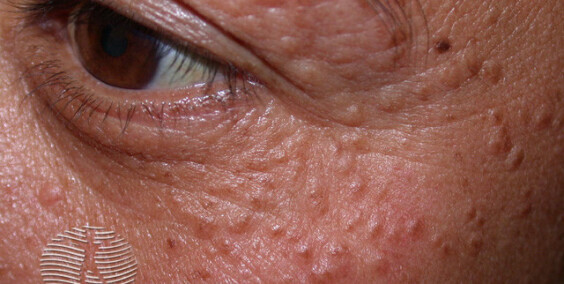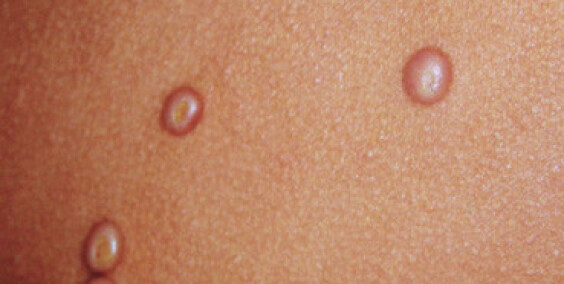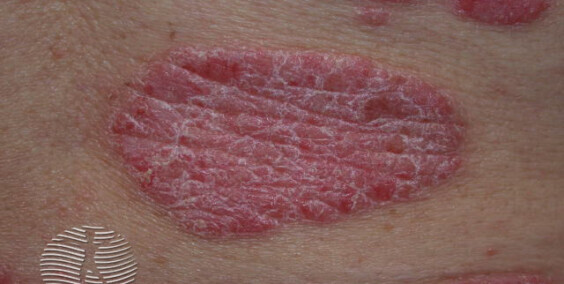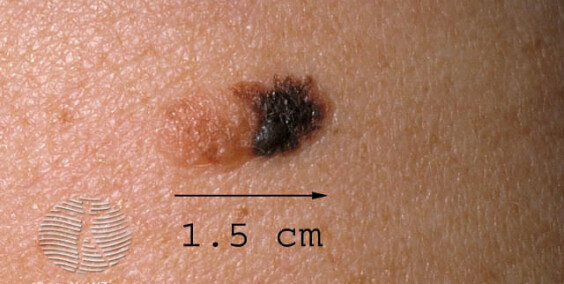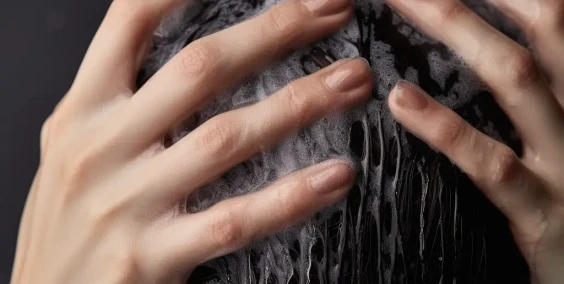Acne is a skin condition characterized by the formation of pimples, blackheads, whiteheads, cysts, or nodules. It usually appears on the face, neck, chest, back, and shoulders. Acne occurs when hair follicles become clogged with oil and dead skin cells, leading to the development of inflamed or non-inflamed lesions.
Symptoms
- Whiteheads: Closed, clogged pores.
- Blackheads: Open, clogged pores.
- Papules: Small, red, raised bumps.
- Pustules: Red bumps with pus at the top.
- Nodules: Large, painful lumps beneath the skin.
- Cysts: Painful, pus-filled lumps beneath the skin.
Causes
- Excess Oil Production: Overproduction of sebum (skin oil).
- Hair Follicle Clogging: Accumulation of dead skin cells.
- Bacterial Infection: P. acnes bacteria can exacerbate inflammation.
Complications
- Scarring: Severe acne lesions may lead to permanent scars.
- Psychological Impact: Acne can affect self-esteem and cause emotional distress.
Prevention
While it may not be possible to prevent all acne, the following practices can help reduce the risk:
- Regular Cleansing: Keeping the skin clean helps prevent the buildup of oil and dead skin cells.
- Avoiding Squeezing: Picking or squeezing pimples can worsen inflammation and lead to scarring.
- Using Non-Comedogenic Products: Choose skincare and cosmetic products labeled as non-comedogenic to minimize pore clogging.
Treatment
- Topical Medications: Over-the-counter or prescription creams, gels, or lotions containing ingredients like benzoyl peroxide, retinoids, or salicylic acid.
- Oral Medications: Antibiotics (oral or topical) to control bacterial infection. Oral contraceptives for females may be prescribed for hormonal acne.
- Isotretinoin: A powerful oral medication for severe, persistent acne.
- Procedural Treatments: Chemical peels, laser therapy, and drainage or extraction of large cysts or nodules under the care of a dermatologist.
It's essential to consult with a dermatologist for a personalized treatment plan based on the severity and type of acne. Consistent skincare practices and early intervention can help manage and reduce the impact of acne.
